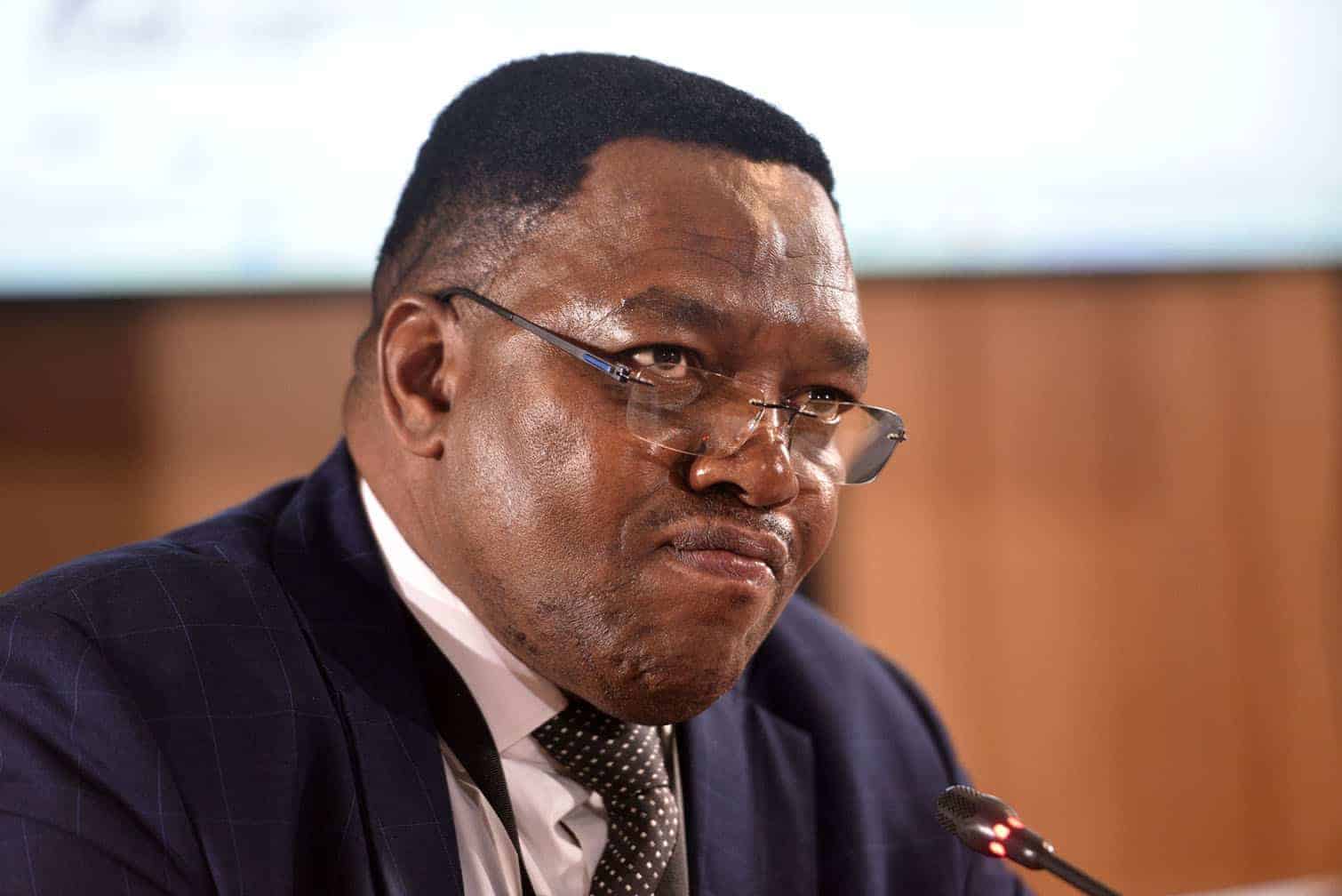National police commissioner Fannie Masemola made his first appearance before the ad hoc committee on Mkhwanazi's corruption allegations.

National Police Commissioner Fannie Masemola on Thursday elaborated on a few causes of the challenges facing the police force.
Masemola was second to appear before parliament’s ad hoc committee on Lieutenant General Nhlanhla Mkhwanazi’s corruption allegations.
Committee members concluded their questioning of the KwaZulu-Natal police commissioner late on Wednesday, leaving Masemola at the mercy of chief evidence leader Advocate Norman Arendse.
‘They all move south’
The advocate attempted to have Masemola open up on the atmosphere within the police service, but the national commissioner refused to say the police were in a state of crisis.
“I will describe the state of policing as, well, quite challenging, taking into account various factors the country is facing since Covid-19.
“The country has never been the same. There is a lot of unemployment and that also brings the element of crime and new crime,” he said.
Masemola explained that in the years following the pandemic, South Africa was seen as a place of opportunity for legal and illegal endevours, aided by the nation’s political and economic standing on the continent.
“South Africa as a country signed a number of treaties. We have a free protocol on movement — freedom of movement in Africa.
“We’ve got also the protocol on the freedom of movement in SADC, but that does not in practise mean people will move from here to north; it means they all move south,” Masemola said.
SA still a functioning state
The fallout of the inward migration observed by Masemola was a period of adjustment and the dedication of resources away from traditionally domestic issues.
“[It puts] the resources of the country to be under pressure and as a result, crime becomes a problem, new forms of crime that is imported to the country. Policing is under pressure.
“Unfortunately, the society look for everything from police. They expect if a child doesn’t go to school, it’s a problem of police. If the spouses have a confrontation, where were the police?” stated Masemola.
On the problems plaguing the personal lives of officers, the national commissioner stressed to the committee that they were average citizens when removing their uniforms.
“The police that are working in South Africa are from the society and community of South Africa. And what you find in the police is what you find in society,” he said.
Despite the problems, Masemola was adamant that South Africa was a functioning state, reminding the committee of the general safety and comfortable lifestyles they led.
“That tells you that there is police in the country and they are doing their work. Not that we don’t have challenges, we do have challenges both internal and external,” he stated.
‘Parallel structures’
Later in the session, Arendse pressed Masemola on elements attempting to infiltrate police ranks and influence high ranking officials.
The national commissioner explained that throughout his lengthy career he had learnt to keep his wits about him.
“There will be outside parallel structures that would want to take charge of the national commissioner. If they can’t, they will find ways to see how then we can remove him and replace him.
“From day one, when you get appointed, there are already those who are working day and night to see how we can remove him,” Masemola stated.
NOW READ: Nhlanhla Mkhwanazi denies his allegations are part of a political campaign






